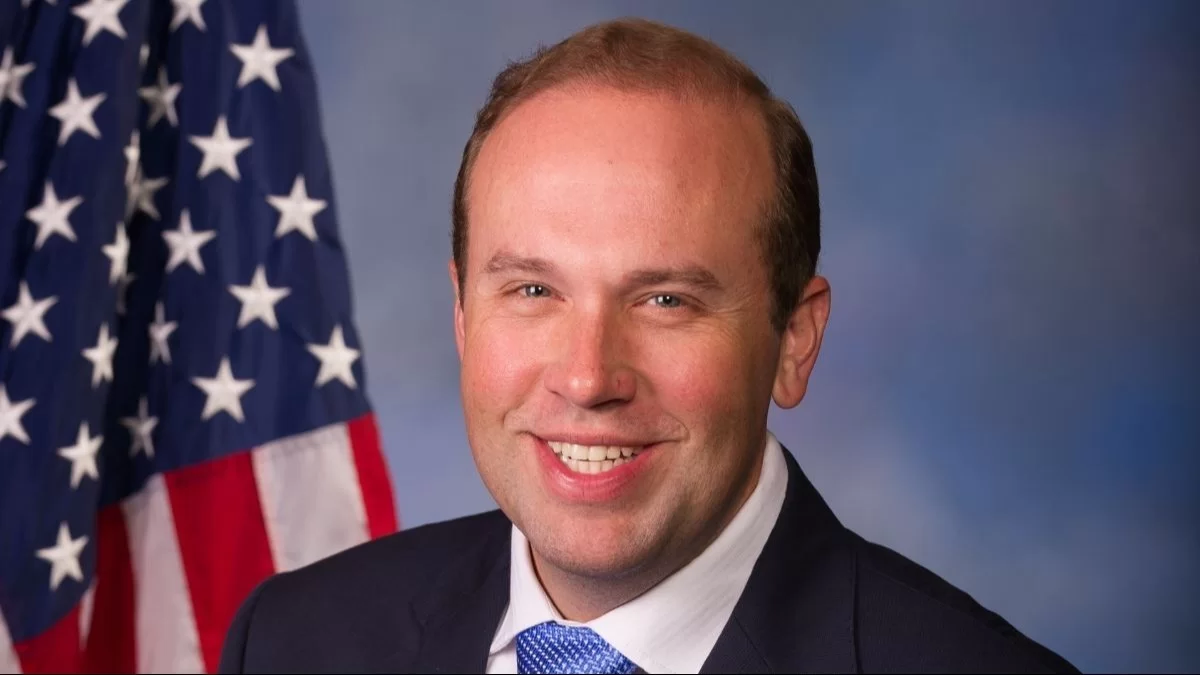Rep. Jason T. Smith, U.S. Representative for Missouri's 8th District | Congressman Jason Smith Official U.S. House headshot
Rep. Jason T. Smith, U.S. Representative for Missouri's 8th District | Congressman Jason Smith Official U.S. House headshot
President Joe Biden's recently released budget proposal for the upcoming year has sparked controversy and criticism from various quarters. The budget, which includes a $7 trillion tax increase, has been described as a misguided approach by critics.
According to an unidentified source, there is no doubt that President Biden's budget plan is not in the best interest of America. The budget proposal entails significant tax hikes and policy decisions that have drawn sharp rebuke.
The budget plan has faced particular scrutiny for its stance on energy policies. The source highlighted that Biden's budget indicates a commitment to a radical and costly energy agenda, including imposing $120 billion in new taxes on U.S. energy. This move is projected to have adverse effects on jobs and consumer costs related to energy products.
Moreover, the budget has come under fire for its approach to healthcare affordability. Instead of addressing core issues, the source mentioned that Biden's budget offers misleading assurances regarding Medicare solvency and proposes inflated subsidies under Obamacare, which could impact access to essential medications.
The unidentified source emphasized the detrimental impact of the proposed budget on the economy, stating that what America currently does not need are tax increases, price hikes, and a surge in national debt. Despite the anticipated pushback from the Republican-controlled House of Representatives, the source noted that the budget serves as a stark reminder of the priorities of President Biden and Washington Democrats, particularly in catering to affluent individuals and the extreme factions within their party.
In conclusion, the critique of President Biden's budget plan underscores the deep-rooted concerns regarding its implications for America. The emphasis on tax increases, energy policies, healthcare affordability, and economic ramifications has fueled a contentious debate over the direction of fiscal policies under the current administration.


 Alerts Sign-up
Alerts Sign-up